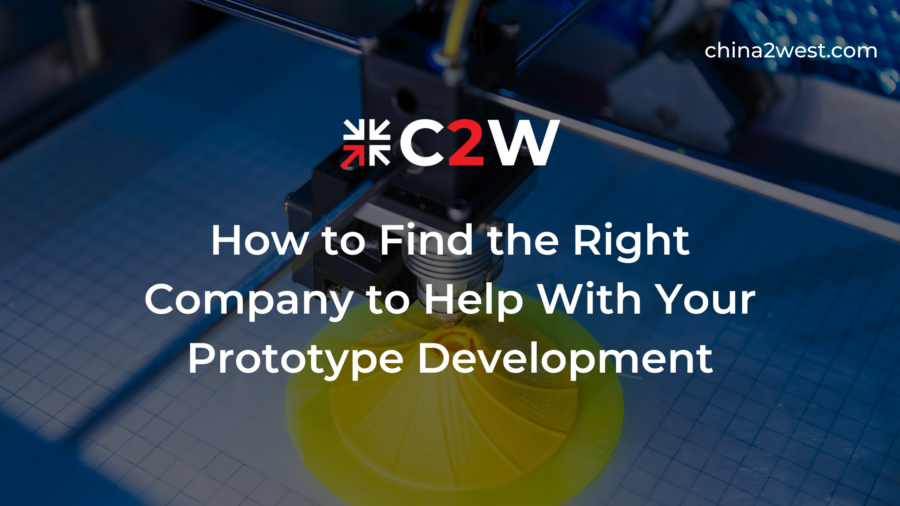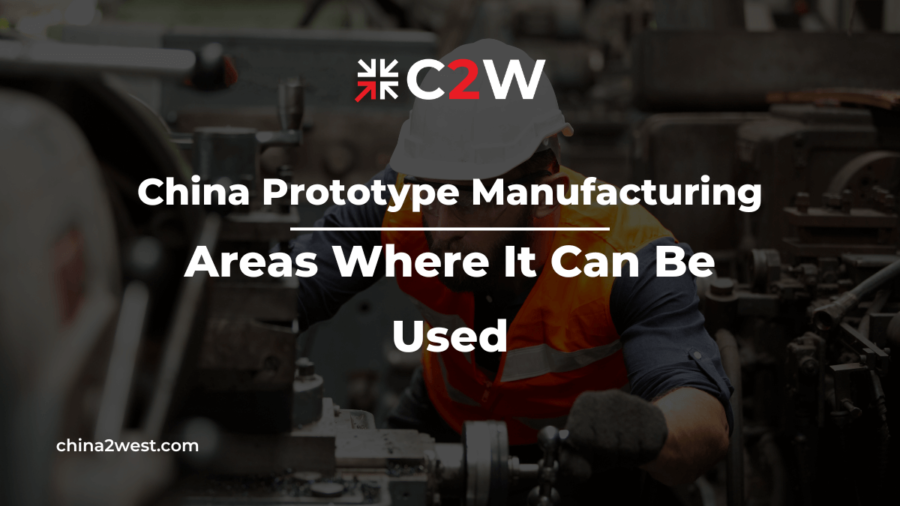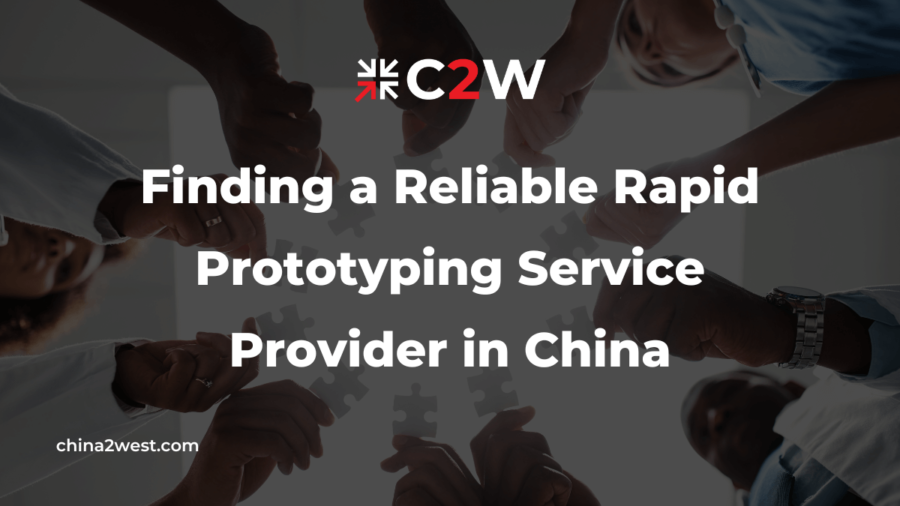Back in 2005, Apple set out on a secretive new project: the iPhone. From prototype to mass production model, it took them approximately two years to create. Since its fated release in 2007, the company has exploded into a $3 trillion giant.
It’s safe to assume that the iPhone changed the world. That said, it wouldn’t have done so without a solid initial prototype. Had Steve Jobs gone for the lowest bidder, the iPhone might not have become the most recognizable global brand around.
Prototype development will make or break your product, no questions asked. Even so, it’s much more affordable to outsource product manufacturing to a foreign company as you iterate toward a final design. The key is finding the right company to do it.
In this guide, we’ll talk about finding the right company to assist with your prototyping.
Ensure Prototype Development Confidentiality
The first thought on your mind concerning outsourcing is probably trust. If you read the news, you are well aware of the $600 billion lost each year to IP theft.
It’s not hard to see why this happens. You trust blueprints, manufacturing processes, and insider knowledge to a contracted factory abroad. Certain high-level employees there steal that knowledge and sell it to someone else.
Then, perhaps a few months later, a copycat product springs up on the market. It’s got one of those bizarre, throwaway brand names, and is half the price of your product. Given that China is beyond Western law and extradition, options for recourse are next to nonexistent.
How to Protect Your Prototype and IP
First, look for a company that is willing to submit to standard procedure. If they balk at the thought of signing a mutual NDA (non-disclosure agreement) then steer clear. You want someone who agrees wholeheartedly to contractual stipulations against divulging proprietary information.
Second, do some research. This can be tricky, as factories rise and fall faster than the change of seasons. A factory can rebrand, erasing its history and effectively resetting its industrial slate.
Hire a company that can help you find the good eggs. Seasoned supply and services headhunters know the market, and know which firms to avoid. You want their insider knowledge to stay wary of anyone with ties to IP theft.
Make Communication Essential
Product design is a back-and-forth process between designers and manufacturers. Early types of prototypes will reveal all sorts of issues and paint a picture of what’s missing. Understanding why a particular prototype failed is part of the evolutionary process that leads to critical future developments.
It’s non-negotiable that you work with a factory that can convey what’s going on. They need to understand the industry lingo. It takes skill to translate what they are seeing into words.
Ensure a Firm Line of Communication
The easiest way to tell how good communication will be is by how it starts off. Even in the early stages, the cracks will be evident. If a company is flaky in their correspondence, you have your answer already.
More important, though, is to hire a reliable liaison. These are your cultural “boots on the ground” that handle affairs at the source. Think of them as checks and balances to keep your manufacturer honest.
Look for Experience
Obviously, you don’t want a factory with a legacy of making pots and pans to shift into electronics. The specific processes unique to your product are the ones that no one can learn on the fly without priors.
What tends to happen is that many factories provide a wide array of specialties. They can pivot month-to-month from one type of product to another. The problem is, these are the low bidders who aren’t seeking the highest quality.
Use Experience as a Metric
Simply put, review their résumé. If they have no résumé to speak of, then do not truck with them.
Ideally, you want someone who has been working with products like yours for years. The knowledge a manufacturing plant gains from these varied projects is priceless. Many firms develop their own trade secrets as they develop new processes to streamline their work–a plus for you.
Don’t Limit Yourself by Geography
It’s natural to be a bit skeptical about outsourcing product manufacturing abroad. Cultural differences, language barriers, and political expediency are only a piece of the pie. It’s also the sense of distance, the limitation in communication, and the legal isolation.
The thing is, outsourcing is an industry that keeps growing year after year. Even the biggest companies like Microsoft and Apple continue to trust their biggest operations to foreign firms. This is a tried-and-tested means of developing prototypes and bringing them to market.
Most importantly, though, it’s more affordable. You can get top-shelf quality for half the price of what you’d get at home.
Outsource Abroad
So, expand your search beyond your borders. Importantly, don’t make the mistake of viewing China as a monolith. There are dozens of cities where you can source your prototype development, all of them different.
Determine How Much Control You Want
For some companies, prototype development doesn’t mean being tightly involved in the process. They want a plant that can handle most of the process for them. Many companies may rely on a simple verbal description of what they want, then let the factory off its leash.
You may want complete control over every step. Or, you only pop in from time to time to check the pulse of the process. You’ll need to choose a company that can match your level of involvement.
Find Companies That Meet Your Standards
This one is perhaps the easiest of the bunch. Most companies make very clear what their capabilities are.
If they assist in some or all of the prototype development, they’ll say so plainly. It’s up to you to determine if they have the chops to meet your needs.
Mediate Through China2West
Prototype development is where the rubber meets the road. Big companies have lost billions of dollars for rushing or botching their product unveilings. Carefully choose your third-party manufacturer before involving them in the product development process.
China2West is your liaison when contracting with a Chinese manufacturer. From supply chain management to 3PL, we handle it all. Take a look at our service packages and find the one you need.



